1. Army
immortal (Immortal) of Persia: Director Zack Snyder's film "300" portrayed the combatant Spartan and Persian "demonic" Immortal army. This army, recorded by Greek historian Herodotus, always maintained the number of 10,000 soldiers. |
When one died or became incapacitated, another would immediately replace him, giving the impression that the army was never short of numbers. However, their equipment was quite simple, consisting of shields, daggers, bows and arrows, and spears. The Immortals were the only ones in the Persian army who were trained in combat, but compared to the Spartan warriors, they were still far from elite. |
2. The Guards of the Mongol Empire: The Keshigten Army of the Mongol Empire, known as the Guards of the Mongol Empire, was one of the most elite troops. Only the best and most loyal warriors were selected to join this army. They were well-equipped and often wore battle masks to terrify their enemies. |
Their loyalty and superior fighting skills led Europeans to call them "immortals", because when a Mongol warrior was killed, another identical one would immediately replace him. |
3. The Byzantine Empire's "Immortal" Cavalry: The Byzantine Empire's Athanatoi cavalry called themselves "Immortal." They were famous for their strong armor, which consisted of multiple layers of protection. During the Battle of Dyrrakhion, Emperor Alexios I, the leader of this cavalry, miraculously escaped death thanks to his strong armor. |
However, despite being well equipped and protected, this cavalry was ineffective in the battles of the time, where speed and cavalry archers dominated. |
4. Napoleon's Royal Guard: In modern times, Napoleon the Great's Royal Guard was also known as the Immortal. |
However, this title does not reflect literal "immortality", but rather implies that they are elite soldiers, better paid and better equipped. |
Dear readers, please watch more videos : The mystery of the army of 50,000 warriors suddenly disappeared without a trace.
Source: https://khoahocdoisong.vn/bi-an-ve-nhung-doi-quan-bat-tu-trong-lich-su-post1094865.html


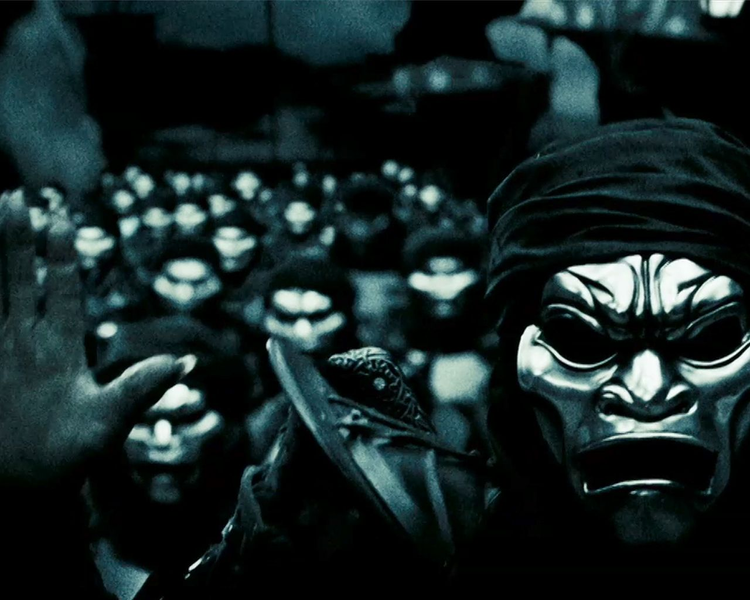
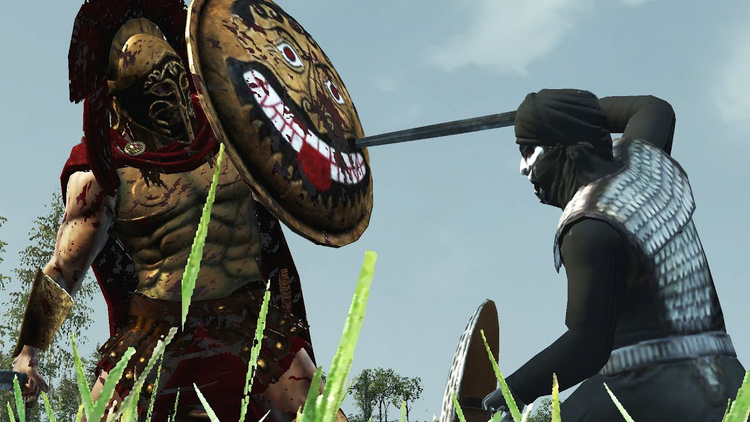
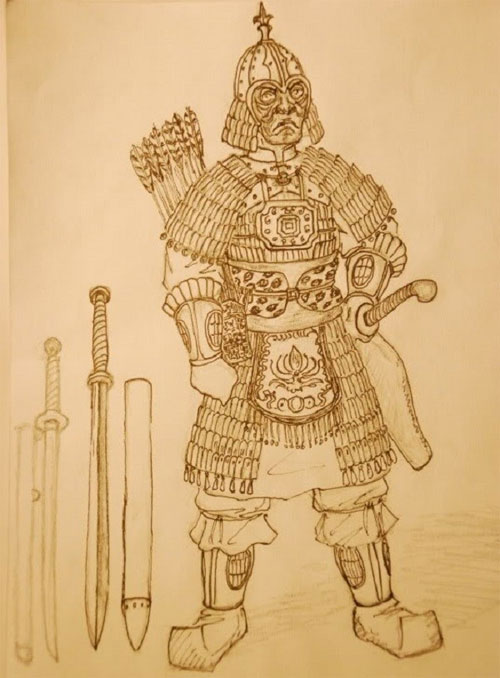
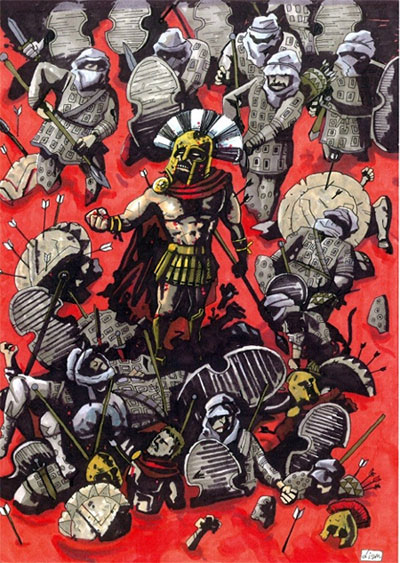
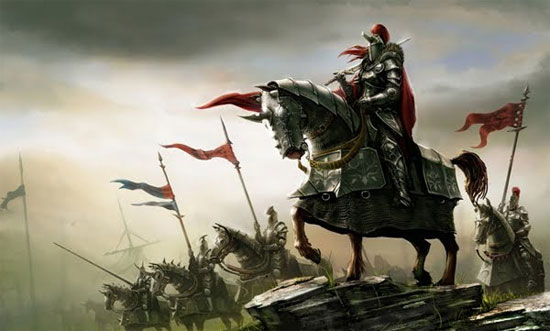
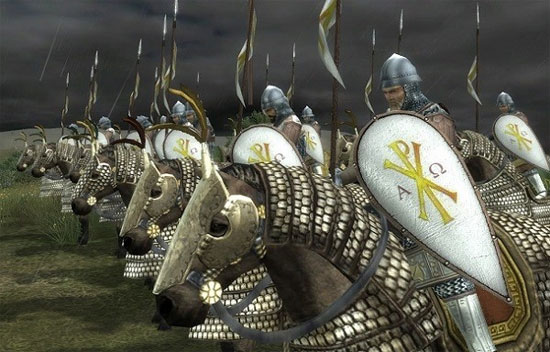
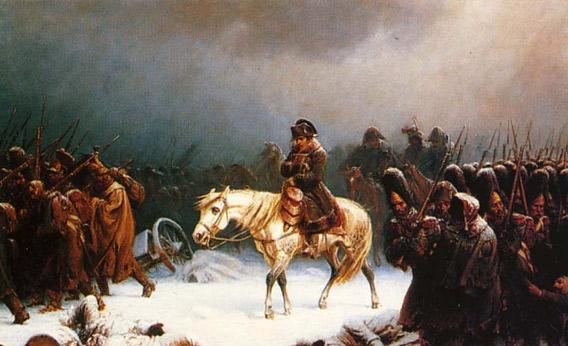
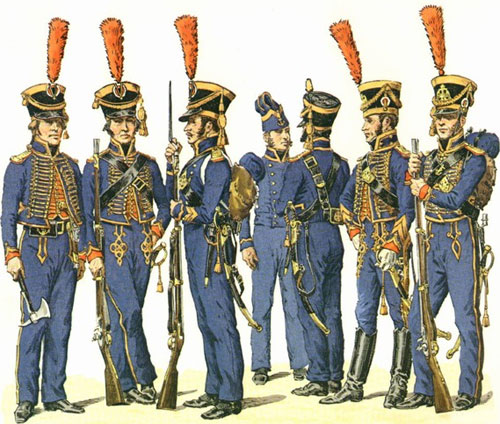





































































































Comment (0)